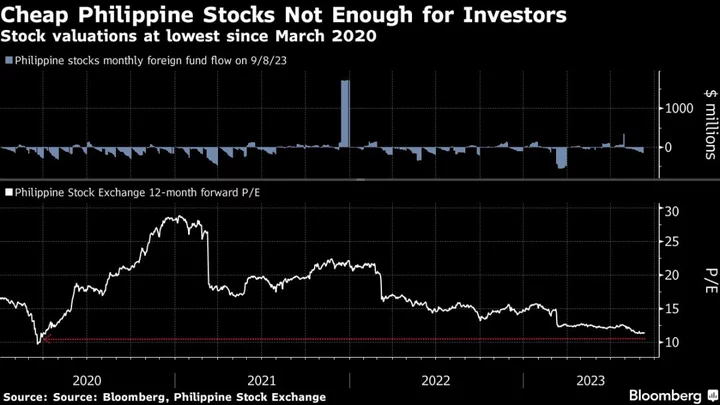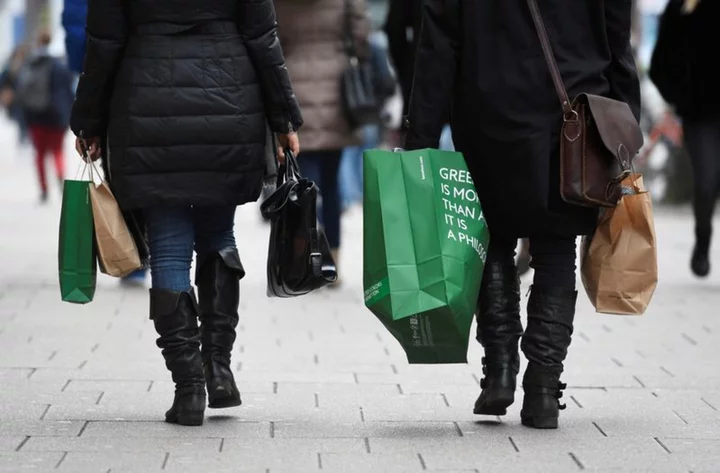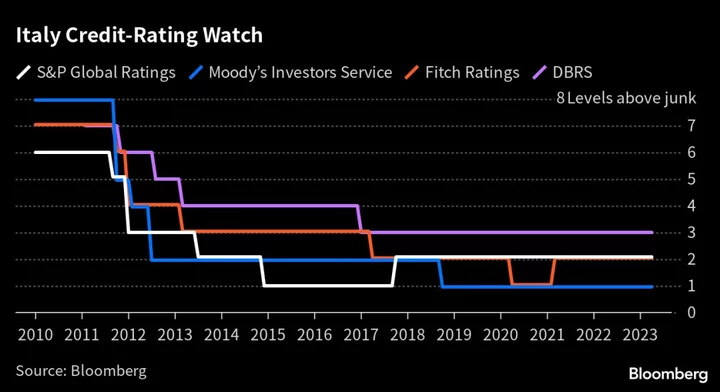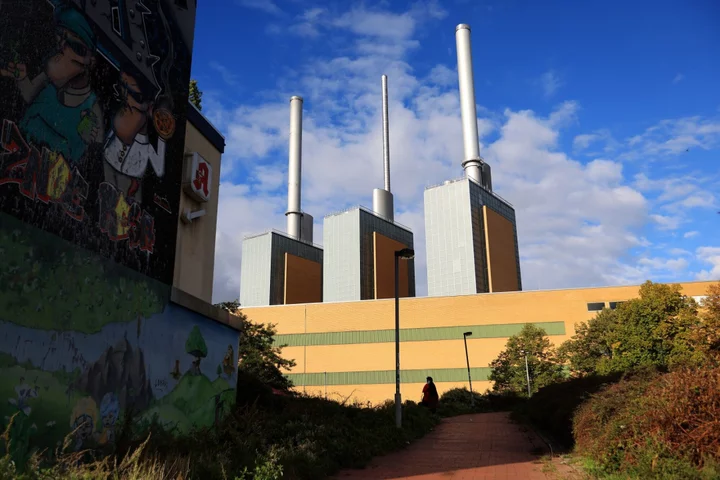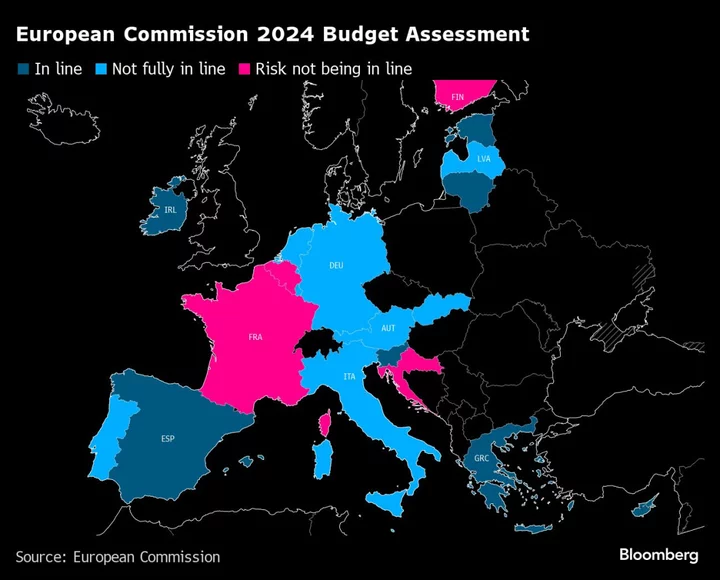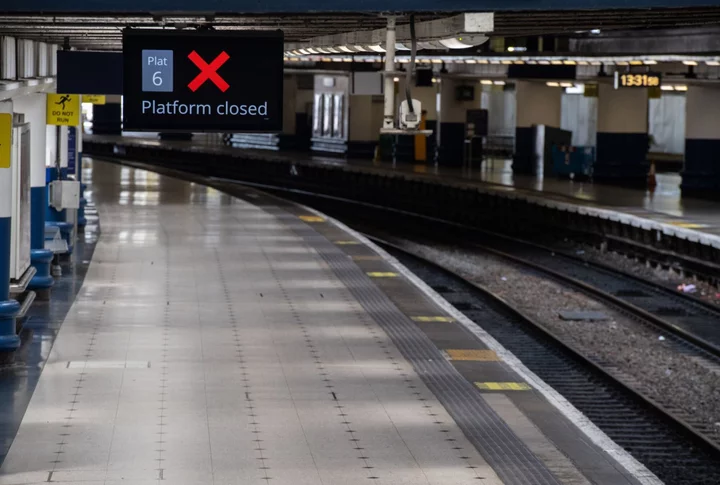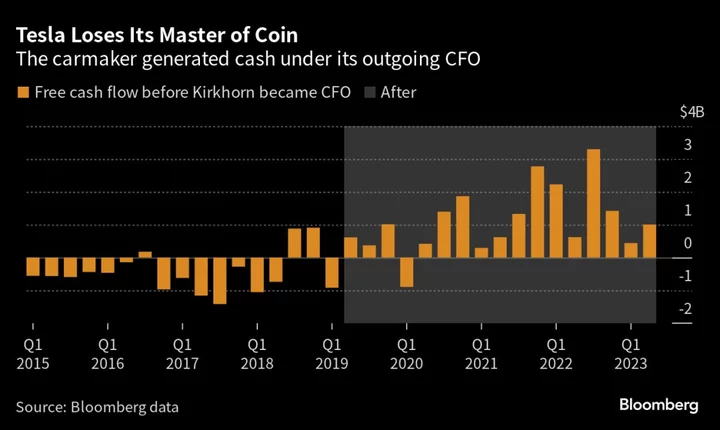A selloff that’s made Philippine stocks the worst across Asia’s emerging markets may have further room to go, as concerns about a hawkish central bank keep foreign investors on the sidelines.
The Philippine Stock Exchange Index has slid 3.6% so far this quarter, wiping out more than $11 billion in market value. A hawkish pivot by the central bank — as inflation creeps back up — is blunting the appeal of local equities for global money managers from BNP Paribas Asset Management to Franklin Templeton.
Like many economies in Southeast Asia, the Philippines is dealing with renewed concerns about supply-side inflation. Worries about much weaker-than-expected growth along with a stronger US dollar are exacerbating fears that the nation may see more pain ahead.
“The market narrative has changed from peak interest rates to interest rates staying higher for longer,” which has dented risk appetite across EM markets and in particular the Philippines, said Alan Richardson, senior portfolio manager at Samsung Asset Management HK Ltd. He added that any market rebound will be dependent on the US interest-rate outlook.
Global investors have been on a selling spree, offloading about $164 million so far in September, according to Bloomberg-compiled data. That’s set to be the biggest bout of monthly selling since March and puts the $428 million sold so far this year just behind Thailand and Malaysia in terms of dollar amounts.
The reduction comes even as the stock benchmark is trading near March 2020 levels of about 10.6 times forward earnings, one of the cheapest in the Southeast Asia. Meanwhile, the MSCI Asean gauge is trading at 13 times forward earnings.
“Undeniably, the current valuation is attractive,” said Ernest Chew, a portfolio manager covering Southeast Asia equities at BNP Paribas. He added that the “risk-reward” is less compelling compared to the rest of Southeast Asia, where multinationals looking for China alternatives are driving foreign direct investments.
There are some bright spots, though. BNP’s Chew said that financials and real estate offer some opportunities while Noel Reyes, chief investment officer at Security Bank Corp., prefers high dividend yield stocks as valuations show that the market may be nearing a bottom.
For now, the road ahead looks uncertain. The government will need to further implement measures to revive economic growth to rekindle its stock market, according to Franklin Templeton’s Executive Director Swati Chopra. A drop in interest rates is also important to reviving consumer confidence.
“The key is for US rates to start dropping and Philippine inflation to drop, which should result in falling domestic rates,” she said. The “government also has to start executing on its key initiatives. If we don’t see this happening, it will be hard to see the market re-rate upward in a big way.”
--With assistance from Abhishek Vishnoi.

